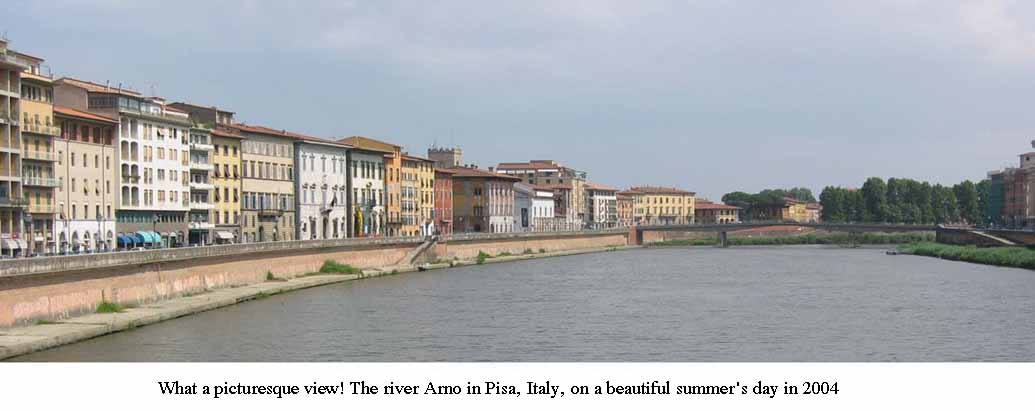Afterthoughts: Comparing Beckett to: a) Forster, b) Eliot, c) Yeats, d) Joyce
Afterthoughts:
Comparing Beckett to: a) Forster
b) Eliot
c) Yeats
d) Joyce
(What do they have in common, what separates them from each other?)
Beckett, I think, has to be seen apart – clearly set off – from all the other four writers.
The reasons for this are multifarious.
First of all Beckett breaks with all tradition. There is no sense of continuity conspicuous in his dramas. Beckett doesn’t rely on time as a common denominator, in which all the other writers share to measure and mark reality as a linear, chronological progression.
Beckett’s Endgame is a tragicomic play devoid of any meaning in terms of: a) time, b) space, c) sense. It shows man precipitating into an apocalypse (of no return), the downfall of man, the annihilation of his existence as such. In a non-sensible series of incoherently piled up patches of/from dialogues and soliloquies it presents to us a one-dimensional - in as far as the poorly equipped, shabby, dim-lit room is concerned - omen of a catastrophe man is doomed to end up in.
This kind of an utter depletion of sense not only in man, but in the universe as a whole cannot be found in the slightest trace in any of the foregoing writers (we’ve dealt with so far). In Beckett we don’t even know whether there will be chaos after the cosmos (the Latin equivalent of which is ‘universe’) has been destroyed, dissolved, or vanished (in whatever way and by whatsoever force). In Beckett we are left with/in complete emptiness, darkness, ‘nothingness’. It is this rejection of any values protruding in such destructive pessimism that justifies us to switch Beckett into the (literary) genre of “post-modernism”. Whereas Forster tries to save what he can by warning us (appealing to our conscience, scruples apart from reason) against this dangerous, because uni-lateral belief in (advanced) technology as progress, Beckett turns down any offer by Rousseau: retournez à la nature. Forster’s science-fiction narrative The Machine Stops is a persiflage of man’s unquestioned confidence in the amelioration of human conditions through man-made mechanisms.
Even in Eliot there is this feeling of loss, of having become detached from man’s common cultural heritage manifested on so many levels of art and history. However, unlike Beckett, he doesn’t turn into a nihilist in the face of modern man’s situation. He sees ‘technological’ possibilities of new discoveries in language in order to give poetry a new style and perspective.
Whereas Beckett experiments with language senselessly – he de-constructs it – all other authors just do without the hackneyed, conventional forms of it to regain, to re-create values. With the exception of Beckett, the four writers make out new horizons for/with new beginnings.
So while Beckett ends ‘the drama’, Joyce – in supplement to him – ends ‘the novel’. Yet Joyce doesn’t end, i.e. break with the novel for good. He does it only to test new fields of another novel, of something that can replace the old novel in its worn-out form.
Likewise, Yeats does not yield in to a benumbed kind of (self-produced) helplessness and frustration. He accepts (if not bounces on) the modernist movement with pleasure and delight to explore textual ‘artifice’ in new lights.
----------------------------
My tutor’s comment:
This is excellent, but I’m wondering if we might rescue Beckett – perhaps only a little – from the charge of nihilism. Of course, this play, and many others do seem to point that way – but the laughter …

